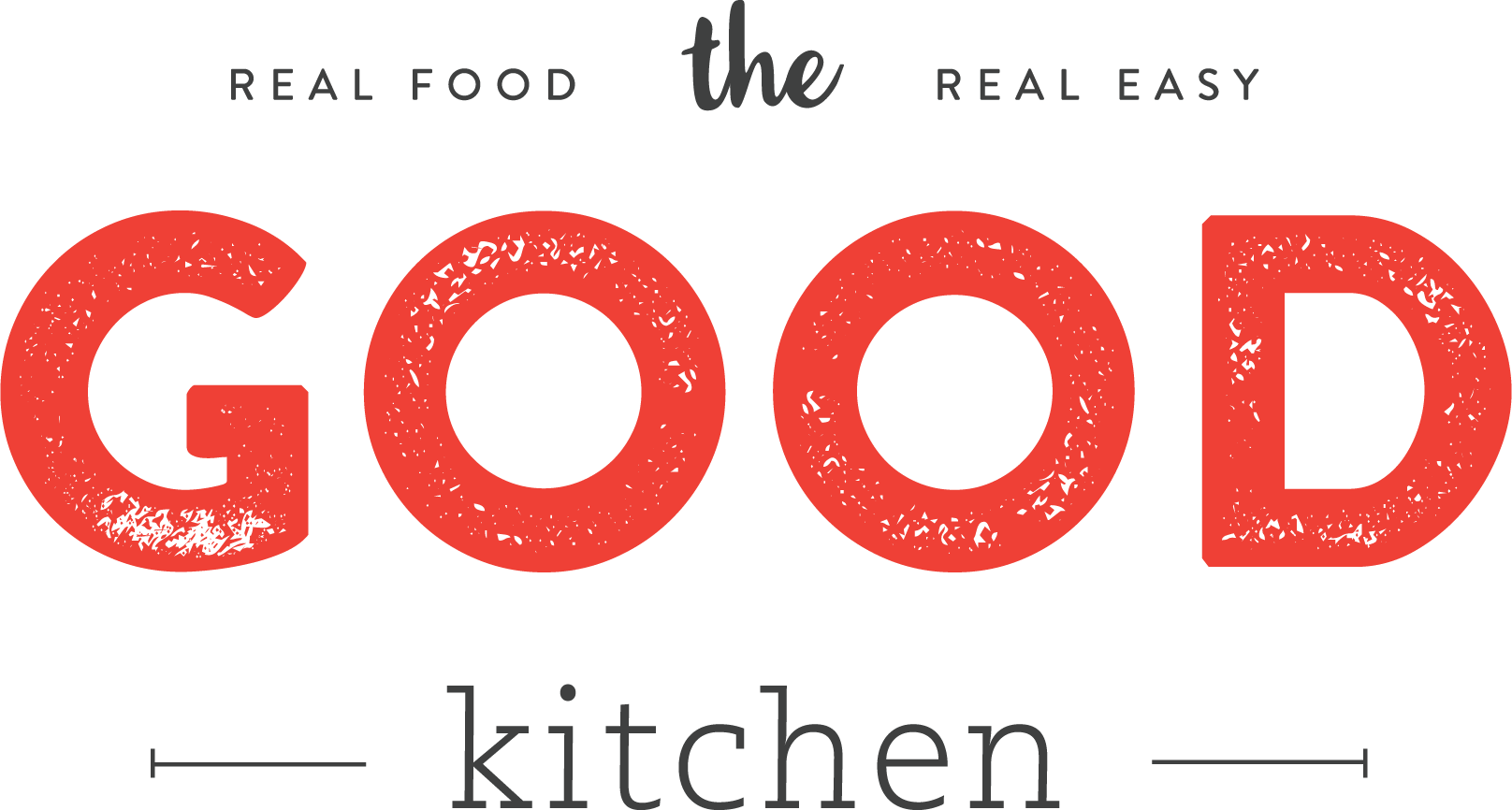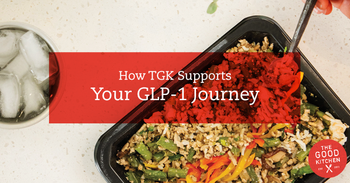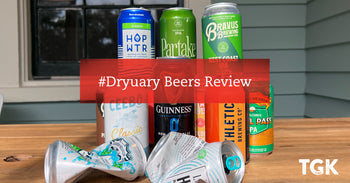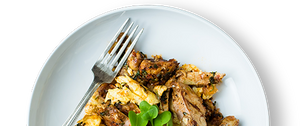Food Fight: Fresh Vs. Frozen
Unpacking the Fresh-Frozen Paradox

The produce section has become a mecca for conscious eaters seeking an escape from the nutritionally dubious packaged foods spilling out of every other aisle of the grocery store. Fresh is best, the narrative goes.
But what if we’re staring at a big hole in the plot, and we don’t even know it? What if there isn’t such a big divide between fresh and frozen after all?
In fact, frozen vegetables might just be closer to “fresh” than the typical supermarket produce, which may have been “fresh” when it was picked from a field in California, but doesn’t quite live up to its title by the time it’s stored, transported, and delivered to your local store.

That pile of perfect Gala apples could have been picked up to full year before making it the shelves. Those colorful carrots? Try one to nine months of storage.
And over time, the nutritional quality of fruits and vegetables can degrade. Green beans, for example, lose over half of their vitamin C content in the first 24–48 hours after picking. And the polyphenol (antioxidant) levels in apples begin to drop off after three months in cold storage, and are virtually non-existent after a full year.
(Don’t totally panic — apples are still loaded with fiber and other good-for-your-gut nutrients even after chilling out in storage for months!)
Frozen foods, in contrast, are usually picked at peak ripeness (read: peak nutritional value), blanched or steamed, and frozen within hours of harvesting. The near-immediate freezing can lock in crucial vitamins and protect against nutrient degradation. And the blanching can break down cell walls and make nutrients more bioavailable when you finally grab that bag of broccoli out of the freezer and chow down.

The largest study to date comparing the nutrient content of fresh vs. frozen fruits and vegetables found that “overall, the frozen was as good as the fresh, and in some cases, the frozen fruits and vegetables were better than the fresh” – surprising both the researchers and foodies across the nation.
At The Good Kitchen, we nerd out over optimizing nutrition for both us and ourselves and for everyone who joins us on the journey as a subscriber. So this is the kind of stuff we love digging into. But as we researched this topic to find you the best info (and food) the world has to offer, we realized the whole fresh vs. frozen debate barely matters.
The real problem isn’t fresh vs. frozen; it’s eating enough vegetables or not eating enough vegetables. And when people are pressed for time and money, throwing that money down the drain buying “fresh” produce that’s just going to rot in the fridge isn’t helping anyone.
Eat fresh from the vine when you can.
Throw in frozen veggies when you can’t.
For most of us, having a nutrient-loaded, veggie-heavy dish in the freezer ready to heat-and-eat is a game-changer for our health and our budget. So we have decided to fear no frozen veggie and embrace making healthy eating easier for all.
Check out this week’s meals here, and stock up both your fridge and your freezer with delicious, nutrient-dense dishes.
We hope you enjoy the fruits and veggies of our labor.
Images by TeroVesalainen and PDPics from Pixabay






